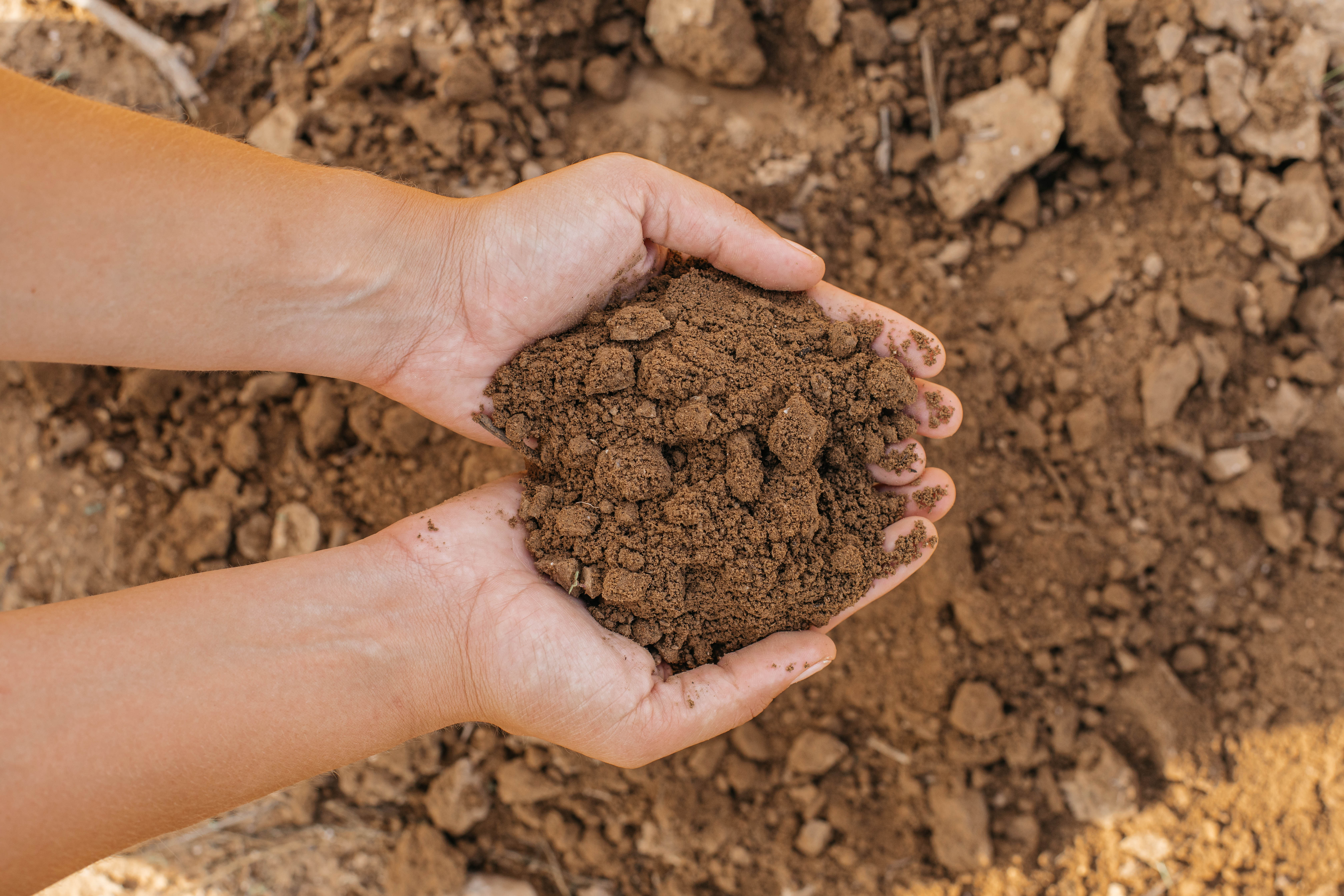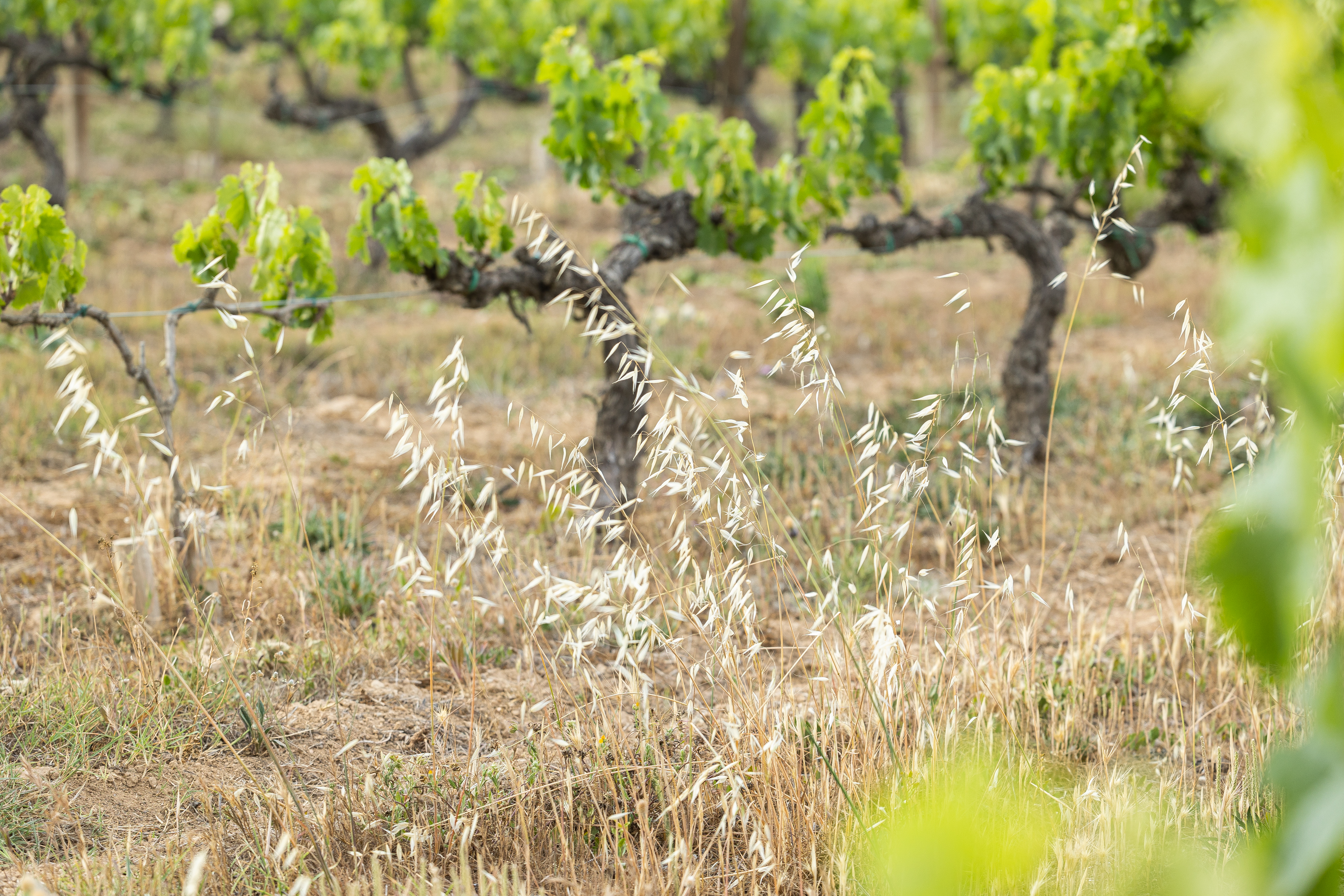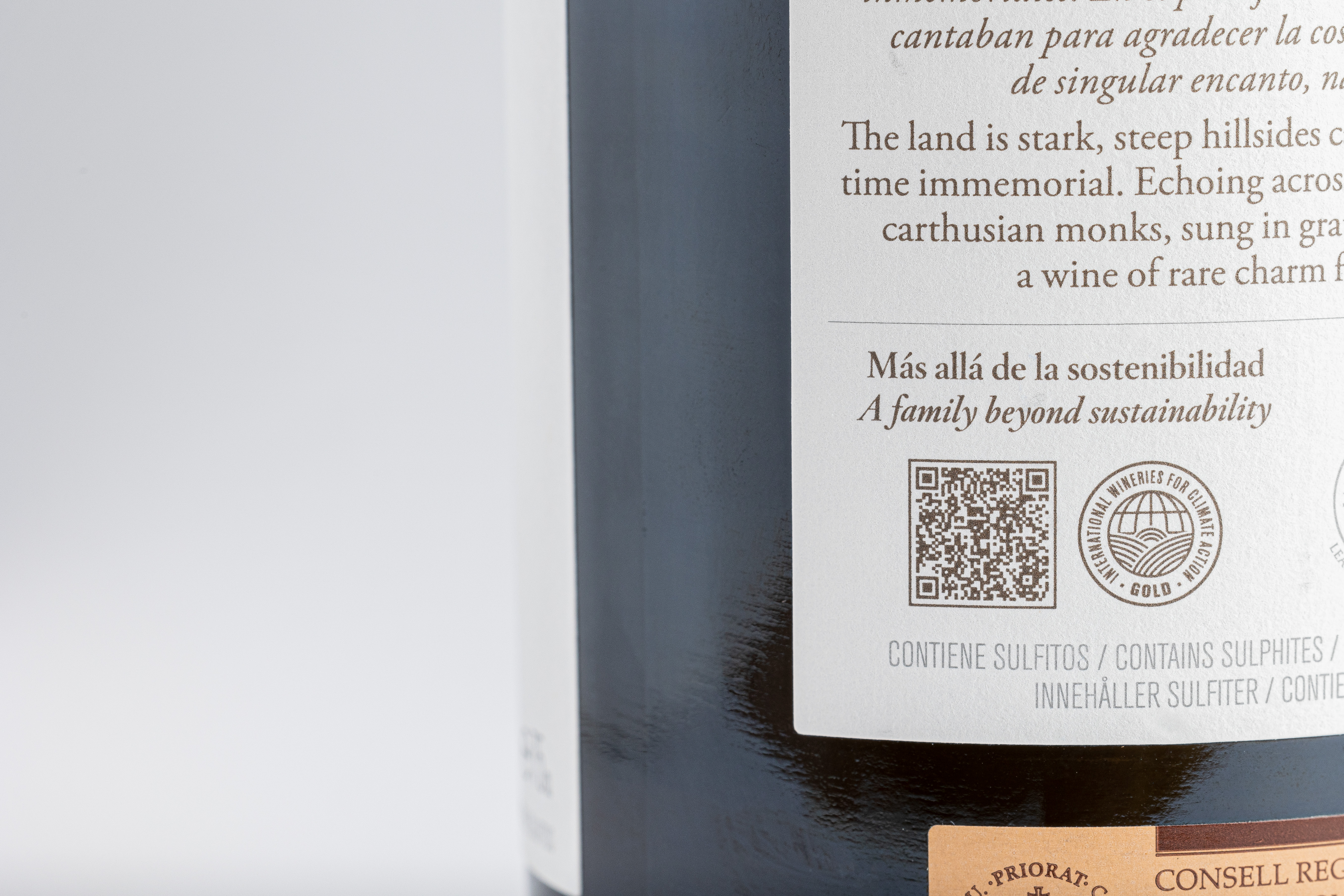What Is a Sustainable Wine?

By Jose Luis Gallego, environmental communicator (@ecogallego)
When referring to the wine world, sustainability goes beyond the techniques used in the vineyard or in winemaking and its characteristics. It goes beyond whether a wine is organic, biodynamic, natural or vegan. It is a comprehensive concept that covers the activity’s entire cycle – from the vineyard to the winery, from vinification to bottling, distribution, sales, even the environmentally responsible management of empty bottles.
This wide-ranging protocol includes, among other aspects, the impact that winegrowing has on the soil, the environment and the biodiversity it contains. It covers water and energy consumption and the activity’s carbon footprint, calculated by adding up all the associated greenhouse gas emissions (GHG) across all stages. But it doesn’t stop there.

A handful of soil
It is also about addressing social sustainability – in other words, adhering to a set of internal best practices, such as treating the people who work with or at the winery (employees, suppliers, clients, etc.) with care and respect through fair conditions or supporting the local economy and community.
One of the most relevant sustainability aspects in terms of wine is maintaining the conditions of the soil, not only because it provides the basis for winegrowing, but because it plays a decisive role in climate change mitigation.
It has been scientifically proven that soils containing more life are also more fertile and home to greater biodiversity. This also means they can capture more atmospheric CO2 (the main GHG) and act as carbon sinks, thereby contributing to improved conditions for farming and preserving the surrounding ecosystems. Likewise, forests also act as carbon sinks, which means that maintaining and expanding woodland areas around vineyards contributes directly to mitigating climate change.

Mas La Plana Vineyard, DO Penedès, a Familia Torres property
Another crucial step in making a sustainable wine is foregoing fossil fuel consumption in favour of renewable energy – generated, for instance, by installing a solar array or biomass boilers to meet the winery’s energy and natural gas needs. Producing and providing consumers with sustainable wines also includes other actions, like collecting, sorting, and recycling waste materials; reducing bottle weight; capturing and reusing CO2 generated during fermentation or promoting the use of electric vehicles in the company’s fleet. Consumers are increasingly aware and conscientious of the need to care for the environment and tackle the climate emergency and, as a result, more demanding in their choice of brands.
In response to this growing social awareness and eager to contribute to both objectives, Familia Torres introduced its programme Torres & Earth in 2008 and has invested more than 23 million euros in adapting its facilities, reducing GHG emissions, optimizing its water consumption, implementing a comprehensive waste management system, and fomenting regenerative agricultural practices and reforestation. The goal behind all these efforts is to help mitigate global warming and achieve net zero emissions by 2040. A goal that is increasingly within reach.
Thanks to its ambitious climate action plan, Familia Torres closed 2024 with a CO2 emissions reduction per bottle and across all scopes – from the vineyard to the final consumer – of 40%. This is an impressive figure, which would rise to 60% if one was to only account for the winery’s direct emissions.
Driven by the same concerns and with the goal of promoting climate action within the wine sector on a global scale, Familia Torres joined forces with Jackson Family Wines in 2019 to found International Wineries for Climate Action: an organization dedicated to the decarbonization of the sector on an international level, which already secured the commitment of 170 wineries in 14 countries that together represent 3.5% of global wine production.

Logo of International Wineries for Climate Action on the back label of a Familia Torres wine
Moving towards more sustainable wine production is a goal shared by a growing number of wineries, aware of how necessary it is for all production sectors to join forces to reduce GHG emissions. This is the only way we can avoid the worst climate change scenarios that lie ahead.
